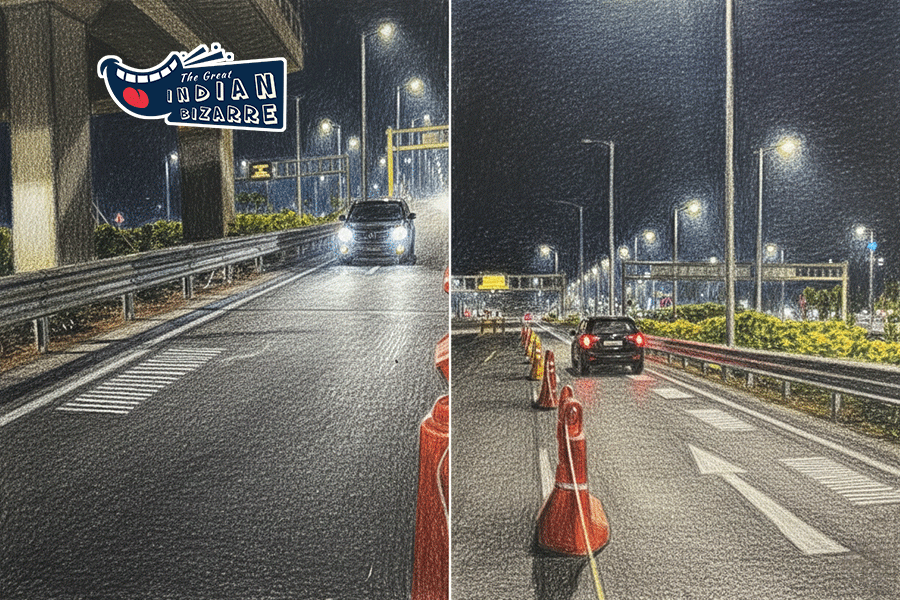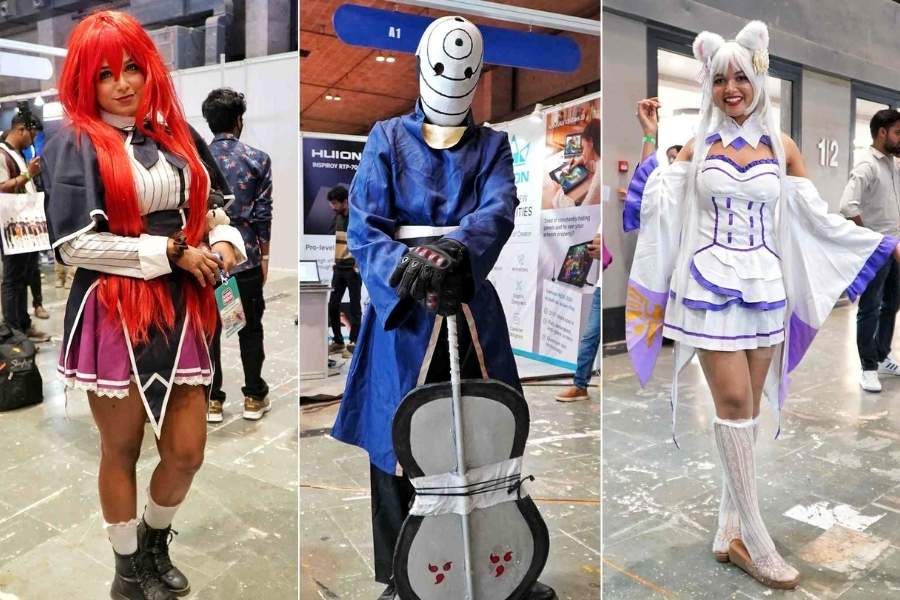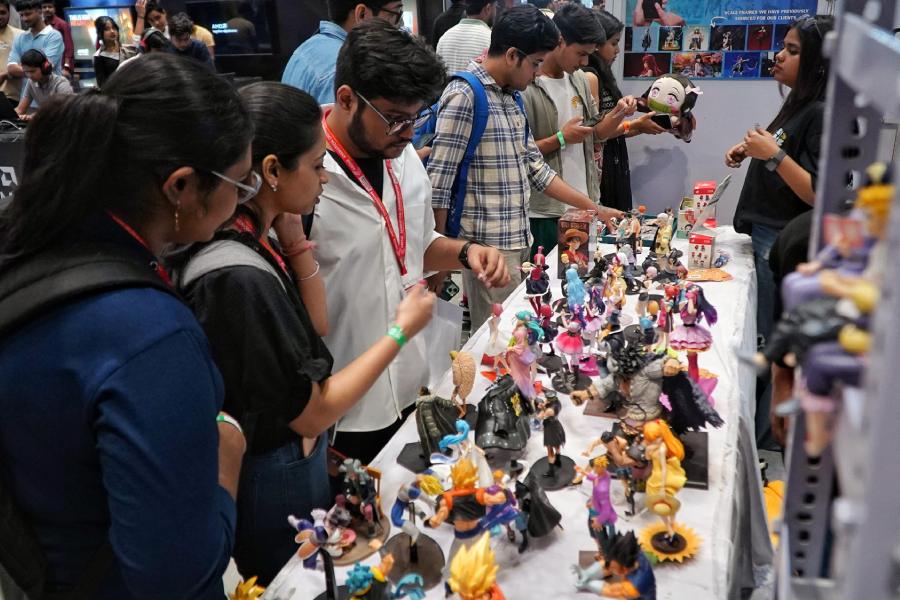 Monday, 16 February 2026
Monday, 16 February 2026
 Monday, 16 February 2026
Monday, 16 February 2026
In a sport sometimes defined by individual brilliance and star power, Paris Saint-Germain manager Luis Enrique is quietly reshaping the narrative as his side gear up for their Champions League semi-final return leg against Arsenal.
The Spanish coach, whose career has already seen success at Barcelona and with the Spanish national team, has introduced a distinct philosophy in the French capital, one where no individual rises above the collective.
The results have been telling. PSG find themselves on the verge of a place in the Champions League final, with a decisive clash against Arsenal at the Parc des Princes on Wednesday after prevailing 1-0 at the Emirates stadium last week following an impressive display of collective discipline.
Enrique arrived at PSG last season with a simple but firm mantra - No one head sticking out.
At a club historically synonymous with star players — from Zlatan Ibrahimovic and Neymar to Lionel Messi and Kylian Mbappe — his refusal to build a side around individual talent raised eyebrows, particularly as the team struggled in the early stages of their Champions League campaign.
"You cannot understand," he quipped as an interviewer asked about his tactics during the league phase.
A string of unconvincing performances in the opening phase had indeed led critics to question whether Luis Enrique’s philosophy could succeed at a club where star power has so often overshadowed tactical cohesion.
Yet, months later, his approach appears vindicated. PSG have evolved into one of the most cohesive and tactically disciplined sides in Europe this season.
Central to their resurgence has been an emphasis on pressing as a unit and maintaining balance between attack and defence. The transformation is most evident in the midfield, once seen as a relative weakness, now operating with precision and control against some of the continent’s elite.
A key figure in this evolution has been Khvicha Kvaratskhelia. The Georgian international, whose versatility has seen him deployed in both attacking and defensive roles, embodies the flexibility Enrique demands from his squad. Kvara’s ability to shift seamlessly between positions and responsibilities has added an element of unpredictability to PSG’s game, contributing decisively to their progress in Europe’s premier competition.
Enrique’s commitment to the collective has also signalled a broader cultural shift within PSG. The club’s previous reliance on individual stardom, a hallmark of the Qatar Sports Investments era, has been replaced by a system in which every player’s role is clearly defined within a wider tactical framework.
The likes of Ibrahimovic, Neymar, and Messi may have delivered memorable moments in Paris, but under Luis Enrique’s stewardship, the days of tailoring a team around a single superstar appear to be over.
Notably, Enrique foreshadowed this evolution last year, revealing in post-match interviews that his focus was already on building a side for the following season. That long-term vision is now bearing fruit.
Ironically, from this resolutely collective approach, PSG may yet produce the next Ballon d’Or winner.
Ousmane Dembele, rejuvenated under Enrique and thriving in a system built on teamwork and tactical discipline, has emerged as an outside contender for football’s most coveted individual honour, the Ballon d'Or, a fitting paradox for a club undergoing its quiet revolution.







